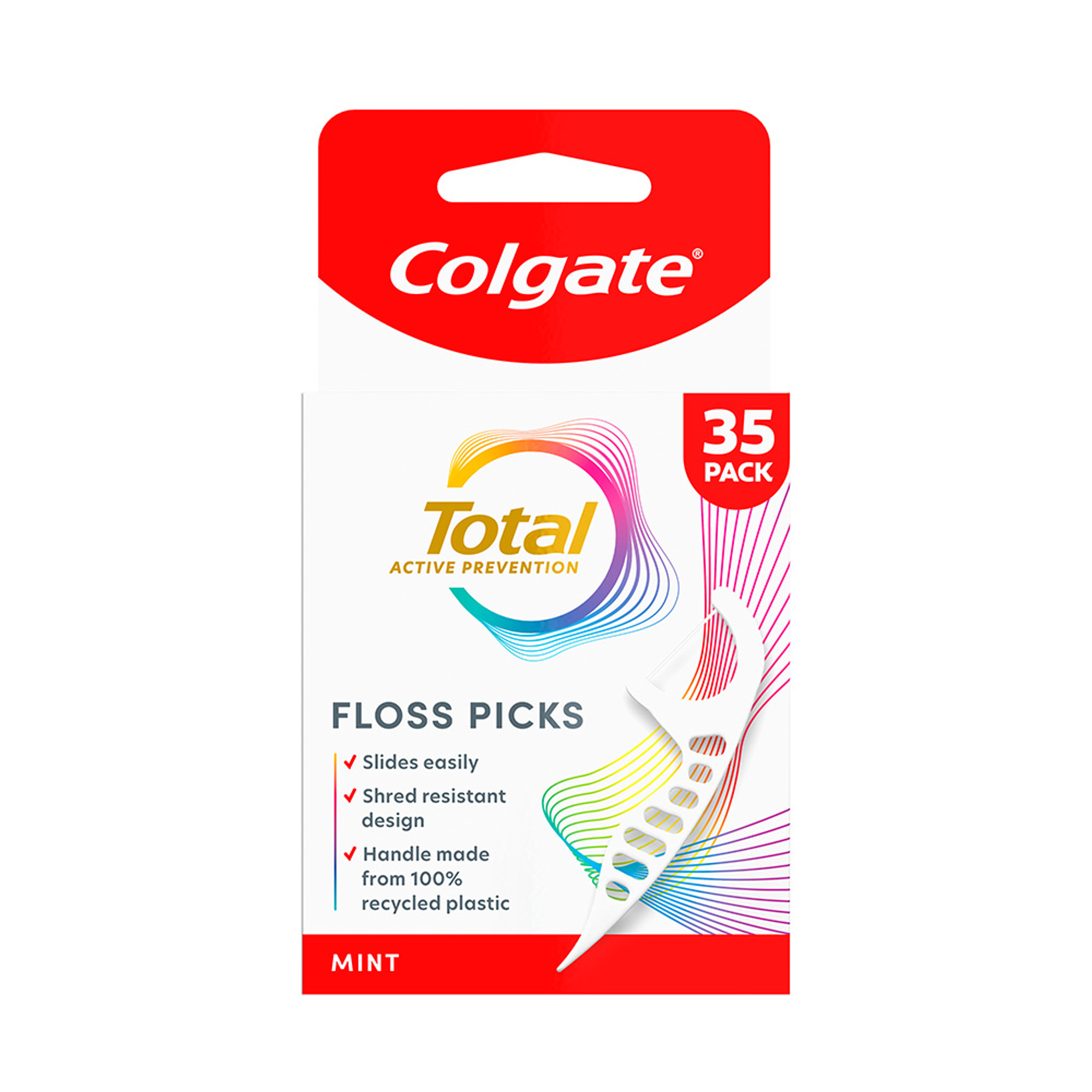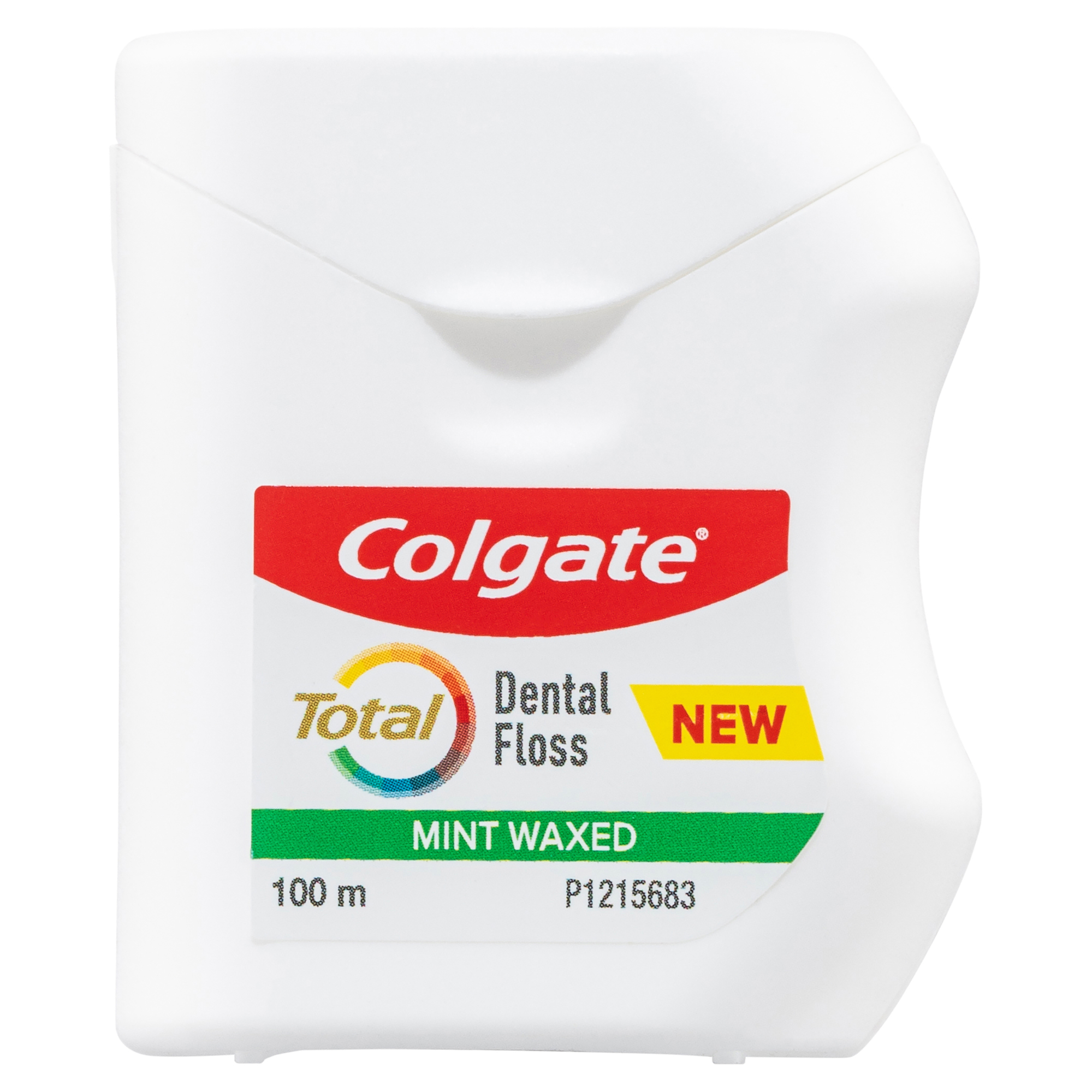-
-

BRUSHING & FLOSSING
How to BrushWhat Is the Right Way to Brush?
Proper brushing takes at least two minutes — that's right, 120 seconds!...

BRUSHING & FLOSSING
How To FlossWhat is the Right Way to Floss?
Proper flossing removes plaque and food particles in places where a toothbrush cannot easily reach... -
Science & Innovation
- Home
- Oral Health
- Pregnancy Prenatal Care and Oral Health


What can I do to ensure I have a healthy pregnancy?
The best advice to women considering pregnancy is to visit their dentist for a check-up and to treat any oral problems before becoming pregnant.
During your pregnancy, your teeth and gums need special attention. Regular brushing and flossing, eating a balanced diet and visiting your dentist regularly will help reduce the dental problems that accompany pregnancy.
What oral problems might develop during my pregnancy?
Studies show that many pregnant women experience pregnancy gum disease when dental plaque builds up on the teeth and irritates the gums. Symptoms include red, inflamed and bleeding gums.
Gingivitis occurs more frequently during pregnancy because the increased level of hormones exaggerates the way gums react to the irritants in plaque. However, it is still plaque, not hormones, that is the major cause of gingivitis.
Keeping your teeth clean, especially near the gumline, will help dramatically reduce or even prevent gingivitis during your pregnancy. Substituting sweets with more wholesome foods such as cheese, fresh fruits or vegetables and drinking plenty of water is better for your teeth.
What can I expect when I visit my dentist during my pregnancy?
First, be sure to let your dentist know you are pregnant when you book your appointment. It is best to book your dental visit during the fourth to sixth month of your pregnancy.
Typically X-rays, dental anaesthetics, pain medications and antibiotics (especially tetracycline) are not prescribed during the first trimester, unless absolutely necessary. During the last three months of pregnancy, sitting for long periods of time in the dental chair can become uncomfortable. Pregnancy can make you prone to gagging, but it is important to continue brushing.
If you need to book an emergency visit, let the surgery know about your pregnancy before you arrive. Discuss your pregnancy and any drugs you are taking as these can all have an influence on how your dentist attends your needs. Your dentist may also want to consult your general practitioner before any treatment is started.
If you have any doubts or concerns, request that your dentist and doctor discuss your particular needs. If your dentist prescribes medication, ensure you follow the dosage instructions and seek advice if you are unsure of any details.
This article is intended to promote understanding of and knowledge about general oral health topics. It is not intended to be a substitute for professional advice, diagnosis or treatment. Always seek the advice of your dentist or other qualified healthcare provider with any questions you may have regarding a medical condition or treatment.
Related Products

Helping dental professionals
More professionals across the world trust Colgate. Find resources, products, and information to give your patients a healthier future











